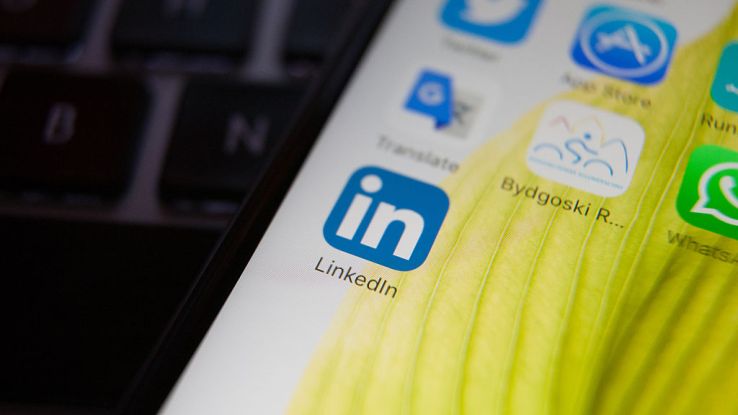

Microsoft expects to close its $26.2 billion acquisition of LinkedIn by the end of this year — pending some final regulatory approvals — and so, in light of that, today LinkedIn posted a very basic earnings report for Q3. It’s also skipping the customary analyst call and is no longer providing financial guidance for the coming quarter.
Still, the company reported growth in its key metrics, a positive note for the next stage ahead. Revenues for the third quarter were $960 million, up 23 percent on a year ago; earnings per share were $1.18 (versus $0.78 in Q3 last year) with non-GAAP net income at $163 million; and membership numbers were up 18 percent to 467 million. The financial numbers beat analysts’ projections: on average, they were expecting revenues of $959 million and EPS of $0.91. Mobile now accounts for 60 percent of all traffic to LinkedIn, the company said, growing at double the rate of its desktop service.
“In Q3, continued product investments across our platform drove another quarter of strong engagement and financial performance,” said Jeff Weiner, CEO of LinkedIn. “As we look forward, our combination with Microsoft creates the opportunity for us to dramatically increase the impact and scale with which we deliver value to our members and customers.”
The company has continued to provide updates to its products in areas like education and recruitment, two lines of business that I expect will continue to run as they are today, but also see increasing integration with Microsoft products and services, too.
Breaking out the segments, LinkedIn’s recruitment business, Talent Solutions, continues to make up the majority of its revenue, up 24 percent year-over-year to $623 million, with only $67 million of that coming from learning solutions (the Lynda.com business).
Its ad business, Marketing Solutions, brought in $175 million, while premium subscriptions brought in $162 million, with Sales Navigator (also a key product for Microsoft in its bid to compete with Salesforce) the strongest premium subscription product.
Featured Image: NurPhoto/Getty Images

